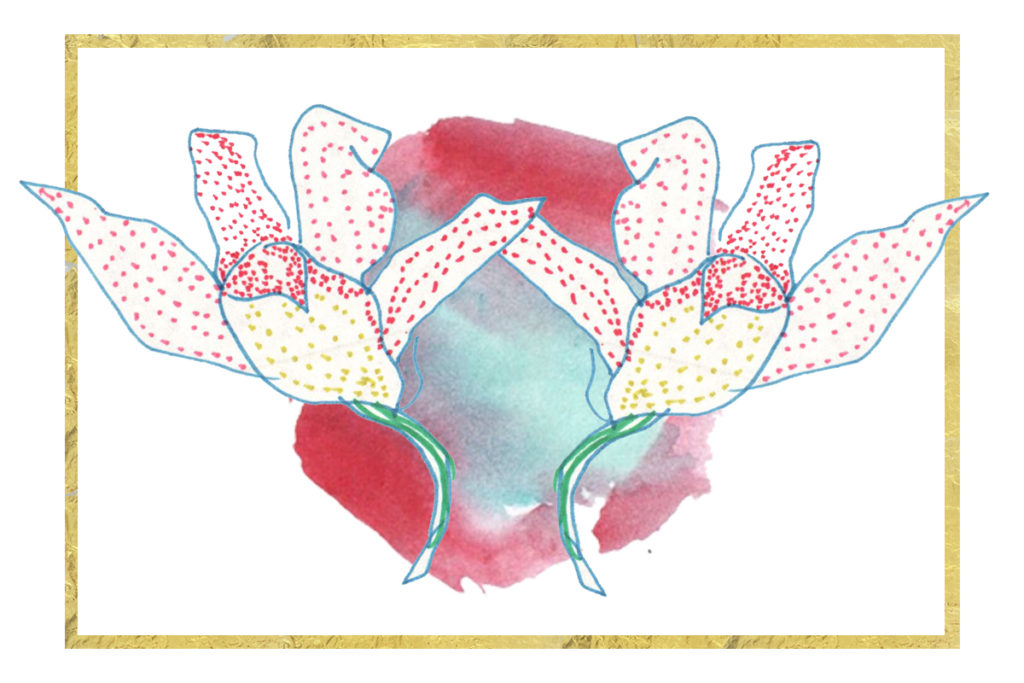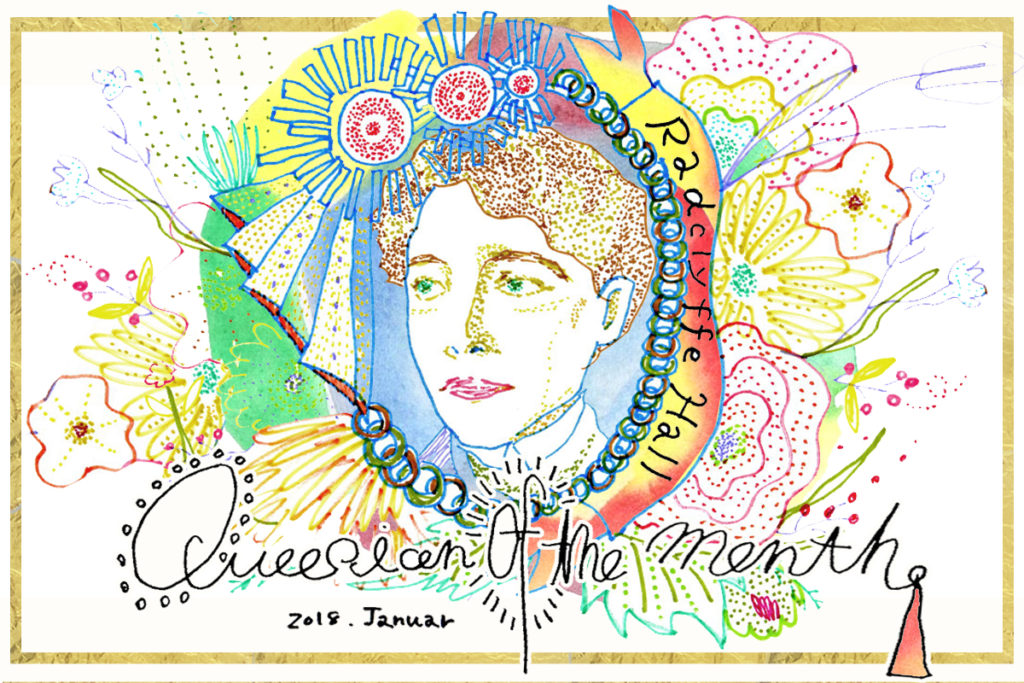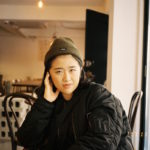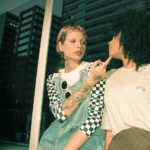I came across Pu's work on Instagram and was immediately captivated with the way in…
Radclyffe Hall
Queer icon of the month16 February 2018
This February, we've started a new section: Queer (or LGBT+) Icon of the Month. This series is meant to highlight LGBT+ individuals who have been ground-breaking, fearless or just plain awesome.
Enter Radclyffe Hall, an English poet and author born in 1880 known for her work ‘The Well of Loneliness’, which is said to be ground-breaking lesbian literature. Hall herself was a Catholic who described herself as a “congenital invert” – an “invert” being a term used by sexologists in the late 19th and early 20th century to describe homosexuality.
I didn’t discover Hall until back in September while browsing the “Queer British Art” exhibition in Tate Britain, which was a wonderful exhibition. A portrait of Radclyffe, by Marguerite Antonia, hung on the wall and I was mesmerised by it and the fact that she was more or less an out and open lesbian in the early 20th century. Then I found out that she had written a book ‘The Well of Loneliness’, which was centred around gender and sexuality. I knew I had to read it.

I’ve just started the book and I’m already hooked, it explores gender and sexuality in such a real and personal way that I feel like I’m reading about Radclyffe’s own struggles with her identity. The book was very controversial, published in 1928 with no absolutely no subtlety about its lesbian themes, and description of “inversion” as natural and God given. Although not sexually explicit, it was subject to an obscenity trial and subsequently banned in the UK and US (though many people smuggled it in from other countries). Though Hall wrote eight other novels before and after ‘The Well of Loneliness’, it was the only one with overt lesbian themes and earned her notoriety.
Hall had an interesting life, she was born into wealth, an only child with a turbulent relationship with her parents. Her education was limited, despite the wealth of her family and she suffered abuse at the hands of her mother, and possibly her stepfather too. At 21, she inherited a large sum of money from her grandfathe
r, giving her enough money to live her life in leisure and support her mother and stepfather throughout their lives.
Hall met singer Mabel Batten in 1907 at a German spa. Despite Batten being 51 years old and married with and adult daughter and grandchildren, they fell in love when Hall was just 27, moving in together after Batten’s husband’s death. Batten gave Hall the nickname John which she used for the rest of her life.

This masculine name leads some people to believe that Hall was actually a trans man, her biographer states that she described herself as a “man trapped in a woman’s body”, but evidence suggests that she went by female pronouns, as did many others at the time.
Mabel and Radclyffe’s relationship lasted until Mabel’s death in 1916, although one year prior, in 1915, Hall had fallen in love with Mabel’s cousin Una Troubridge. Troubridge was a sculptor, and the wife of a Vice Admiral who she had a child with. Once Batten died, Troubridge and Hall started living together in London. Their relationship lasted until Hall’s death in 1943, however, during this time, Hall was involved in several affairs with other women, one of which was with Russian émigrée Evguenia Souline in 1934.
Hall was a promiscuous lover, ground-breaking writer, dog lover and a chronic bad speller. Although her wealth and status made it easier for her to be an out lesbian at a time where being “inverted” was not accepted, I still admire her for being herself, and especially for writing a book that even some people now would consider controversial. Her life filled with wealth and women is one I’d love to go back and have a glimpse into.
And if you’re interested about reading about the evolution of queer books, including The Well of Loneliness there’s a wonderful article on Autostraddle about just that.
–
Original artwork created by Kiki for YEOJA Mag. For more LGBT+ Articles, click here.







